Simultaneously, low-cost arm Jetstar is expecting to exceed 100 per cent of capacity and will recall the carrier’s international Boeing 787-8 Dreamliners to be used on domestic routes.
Qantas Group CEO, Alan Joyce, said growing domestic demand and the opening of a two-way travel bubble with New Zealand are helping keep the Qantas Group’s recovery on track and allowing more parts of the business to be brought out of hibernation.
That was ahead of an expected international network resumption from October, with Qantas’ date not shifting despite delays in Australia’s vaccination program.
“We’re now seeing really positive signs of sustained recovery,” Joyce said.
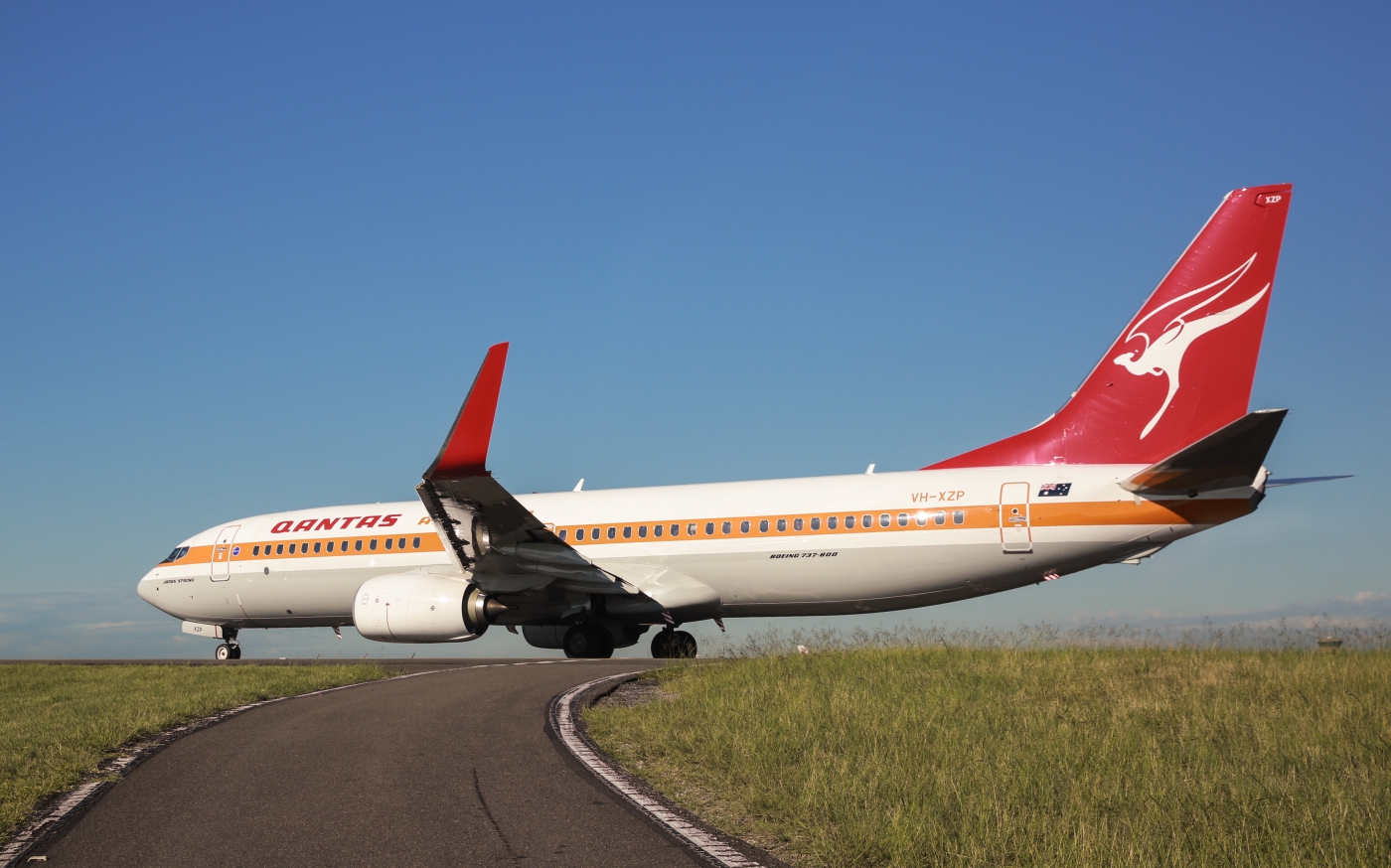
“This is the longest run of relative stability we’ve had with domestic borders for over a year and it’s reflected in the strong travel demand we saw over Easter and the forward bookings that are flowing in each week from all parts of the market.
“The Australian Government’s half-price fares program is having a direct and indirect impact on the sector.
“The direct response to the program has been fantastic, with over 250,000 fares sold in the first two weeks.
“Indirectly, we saw a big spike in travel demand before the fares even went on sale because the announcement itself gave people confidence, which is something that had been missing for months.
“Corporate travel, including the small business segment, is now back to around 65 per cent of pre-COVID levels, and increasing month-on-month.
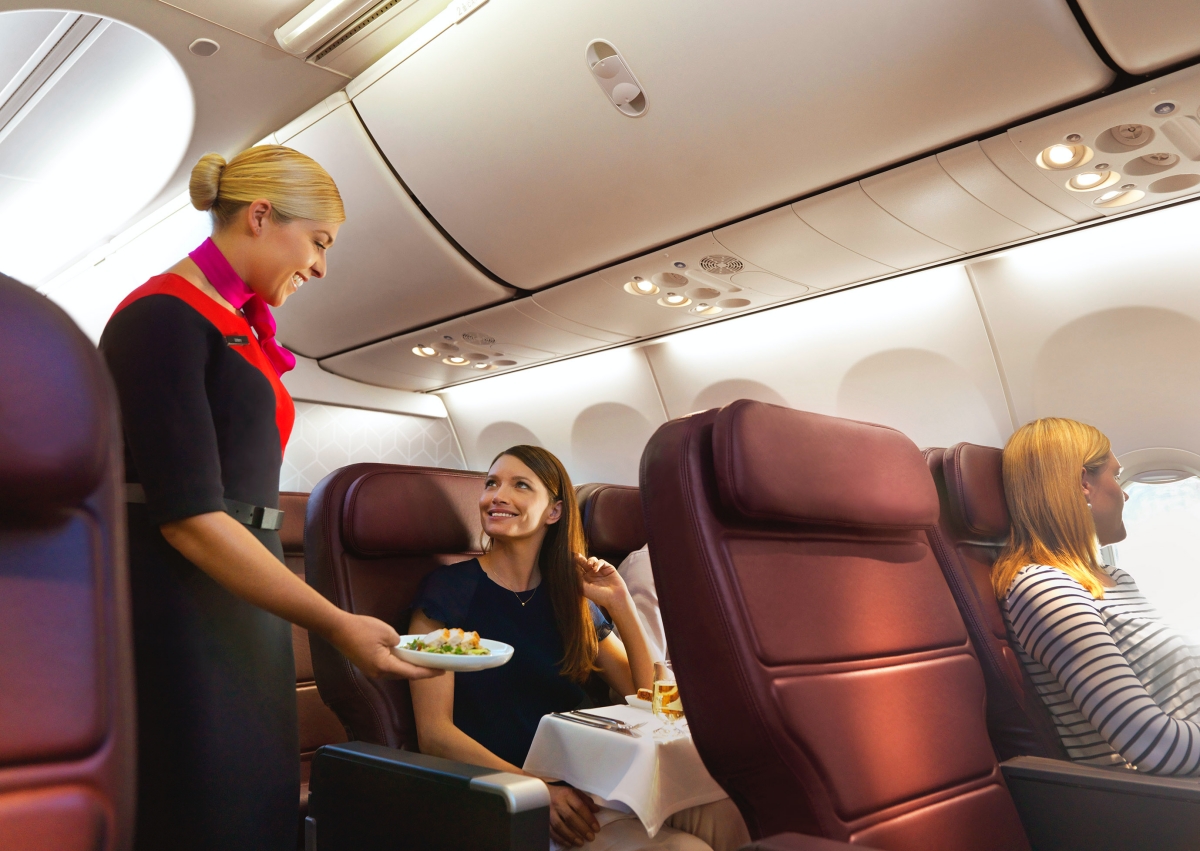
“The two-way bubble with New Zealand is great news for the tourism sector as a whole. It means we can bring other parts of our business out of hibernation, like our aircraft and First lounges in Australia,” he said.
In great news for Qantas Frequent Flyers heading across the Tasman as Joyce said, Qantas announced its international First lounges in Sydney and Melbourne along with its Premium Lounge in Brisbane will reopen from 19 April 2021 to coincide with the trans-Tasman travel bubble.
He said Platinum One, Platinum and Gold frequent flyers along with Business customers and Qantas Club members flying on the Tasman will be invited to visit these two First lounges until the airline’s other international lounges reopen.
Joyce also said the group was continuing to target resumption of rest of international network from late October, pending the continued roll-out of the vaccination program across Australia.
“The vaccination program is absolutely key to restarting international flights in and out of Australia,” he said.
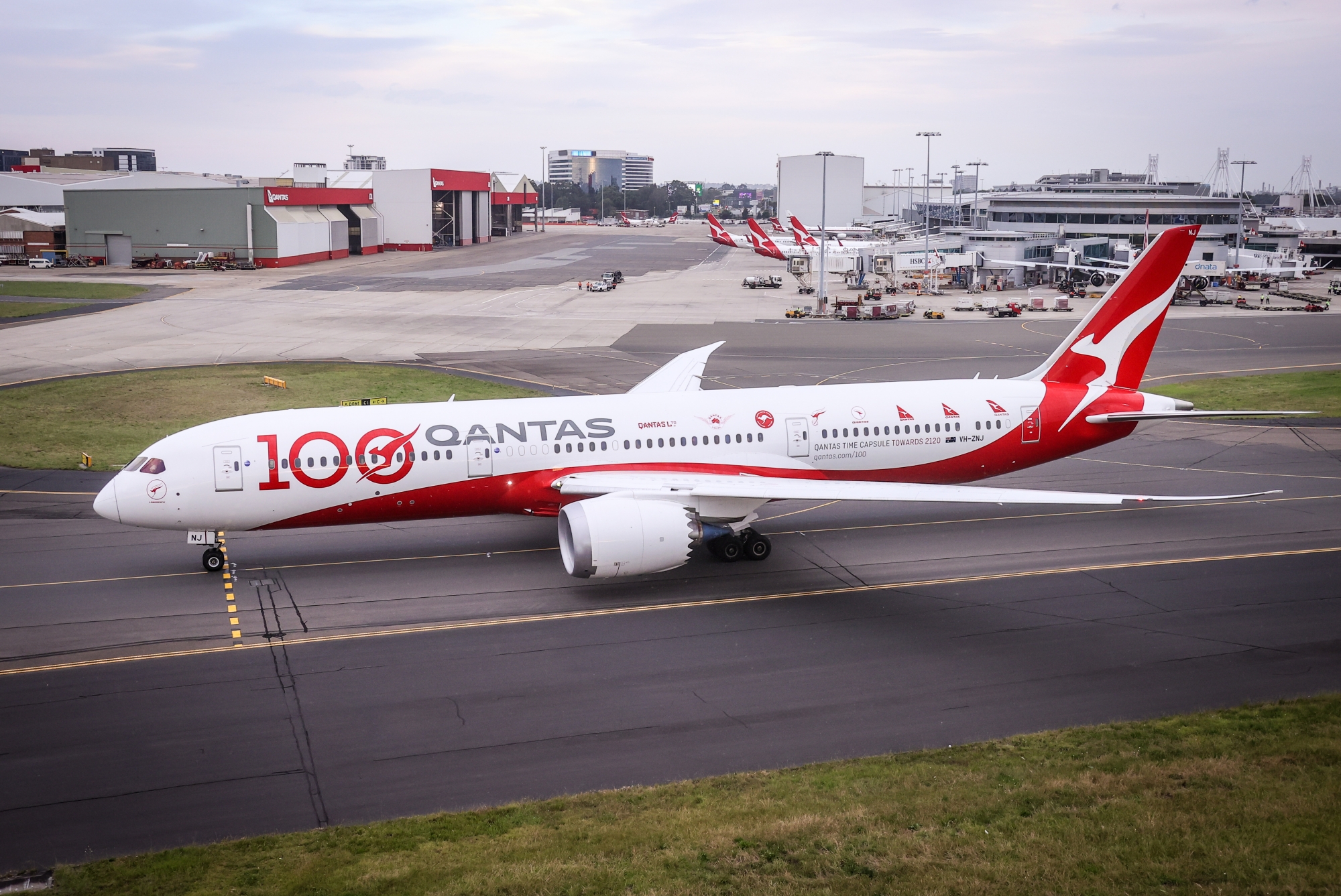
“While there have clearly been some speedbumps with the vaccine rollout, we are still planning for international flights to resume in late October.
“We remain in regular dialogue with the Government.”
Joyce said preparations for the reopening of international borders and the resumption of international flights in late October (beyond flights between Australia and New Zealand) are continuing, including reactivating aircraft and training employees.
He said the Group maintains flexibility to bring forward, push back or stagger the resumption of our international flights to align with any updates to the Australian Government’s COVID-19 vaccine rollout timeline or approach to international travel.
Until then, domestic travel is expected to continue to soar. During the fourth quarter of FY21, 90 per cent of the Group’s aircraft will be active, compared with just 25 per cent at the height of the national lockdown in mid-2020.
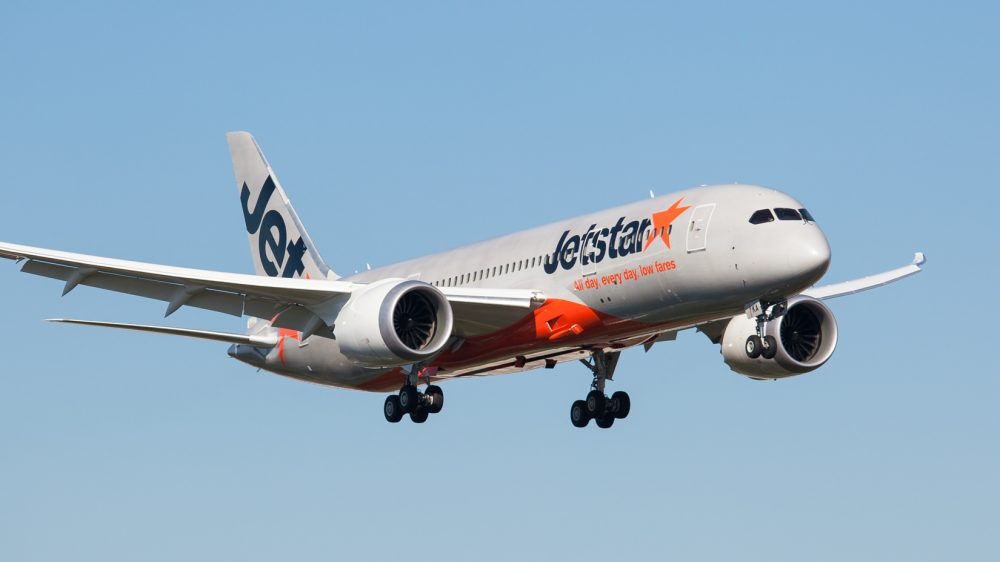
According to the Group, Qantas and Jetstar will have more aircraft operating on domestic and resources markets than pre-COVID, including all Boeing 737s and Airbus A320/A321s.
Some aircraft which operate international flights including the entire A380 fleet (which are in long-term storage) and some Airbus A330s and Jetstar 787-8s, have not resumed flying, according to Qantas.
All Qantas’ 787-9s have been reactivated and are operating repatriation flights on behalf of the Australian Government and some freight-only services.
To help meet increased demand for low fares leisure travel and fill structural gaps in the Australian market, Jetstar will deploy six Airbus A320 aircraft on loan from Jetstar Japan on leisure routes.
Jetstar also expects to deploy up to five of its Boeing 787-8 aircraft, usually flown on international routes, in the domestic market from mid-year until international flying returns. These 335-seat aircraft will initially be flown between Melbourne/Sydney-Gold Coast and Melbourne/Sydney-Cairns.
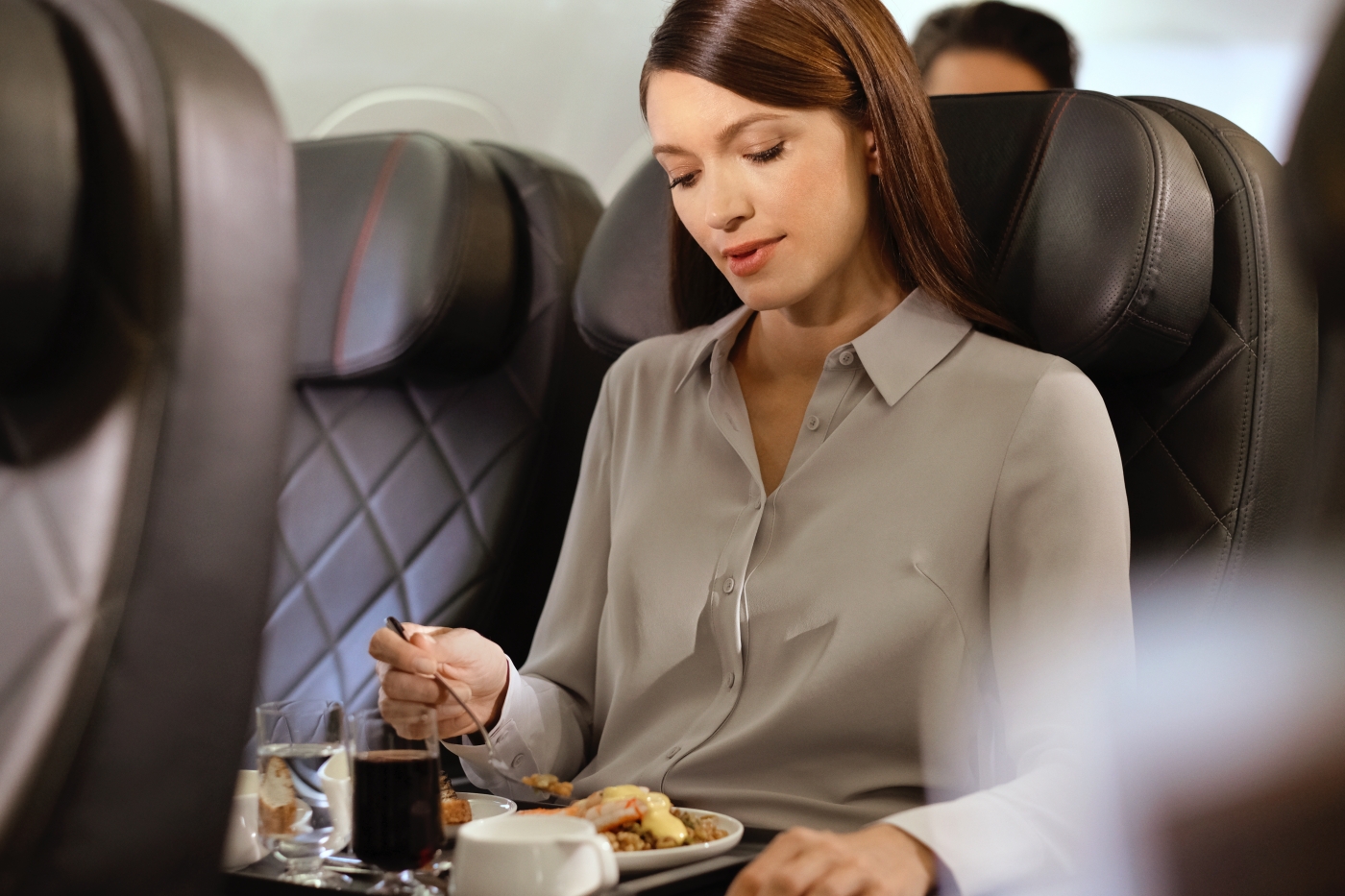
The Group has also engaged Alliance Airlines to operate three Embraer E190 aircraft from May to provide capacity on existing Qantas routes in northern and central Australia.
Under an agreement announced earlier this year, Qantas can access up to 14 E190 aircraft from Alliance Airlines, giving it the flexibility to respond to changes in demand, according to the carrier.
From late-May, Qantas has also added more flights to fill gaps left in the market and meet expected demand over the ski season to New Zealand.
In related news, Qantas and Accor have signed a new seven-year agreement for the world-leading hospitality group to continue management of Qantas lounges in Australia and overseas.
The new agreement is an extension of the 14-year partnership with Accor providing day-to-day management of food and beverage services and employee training across the airline’s network of domestic and international lounges.